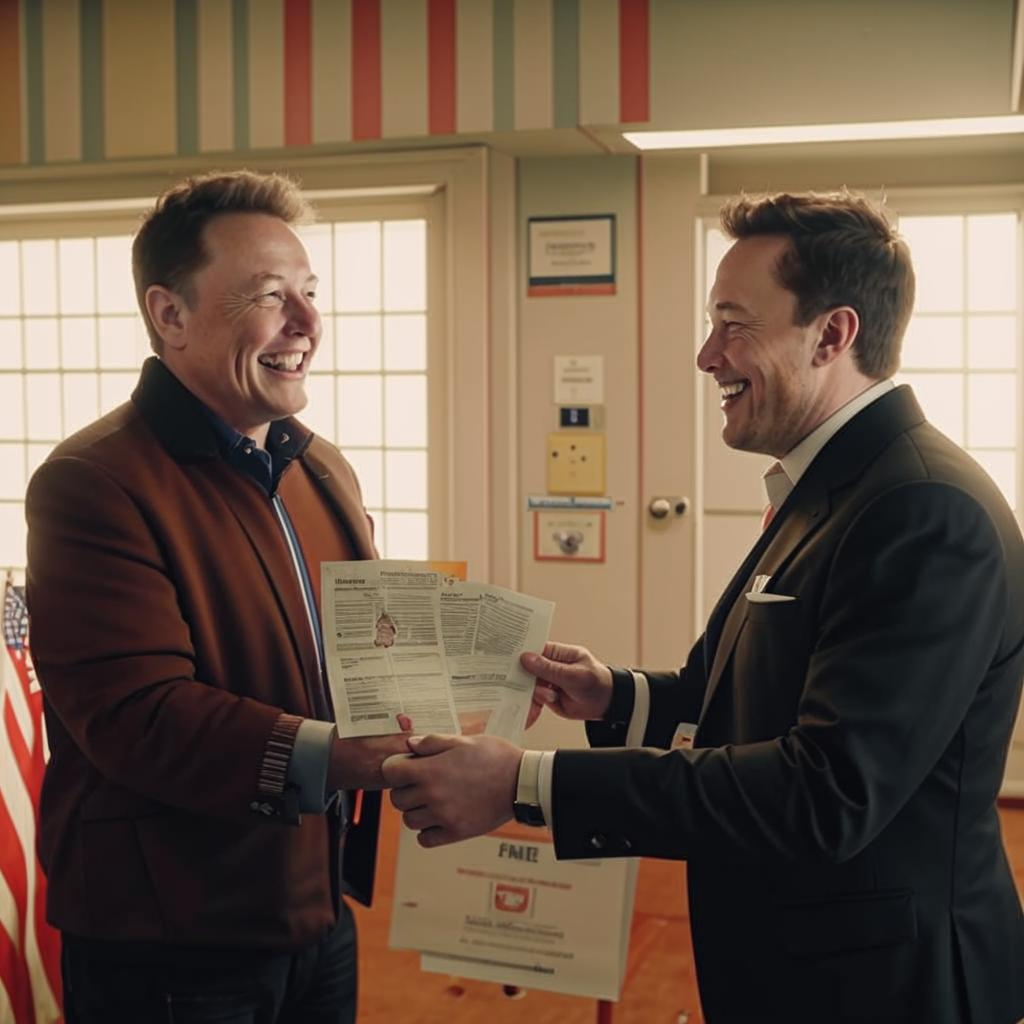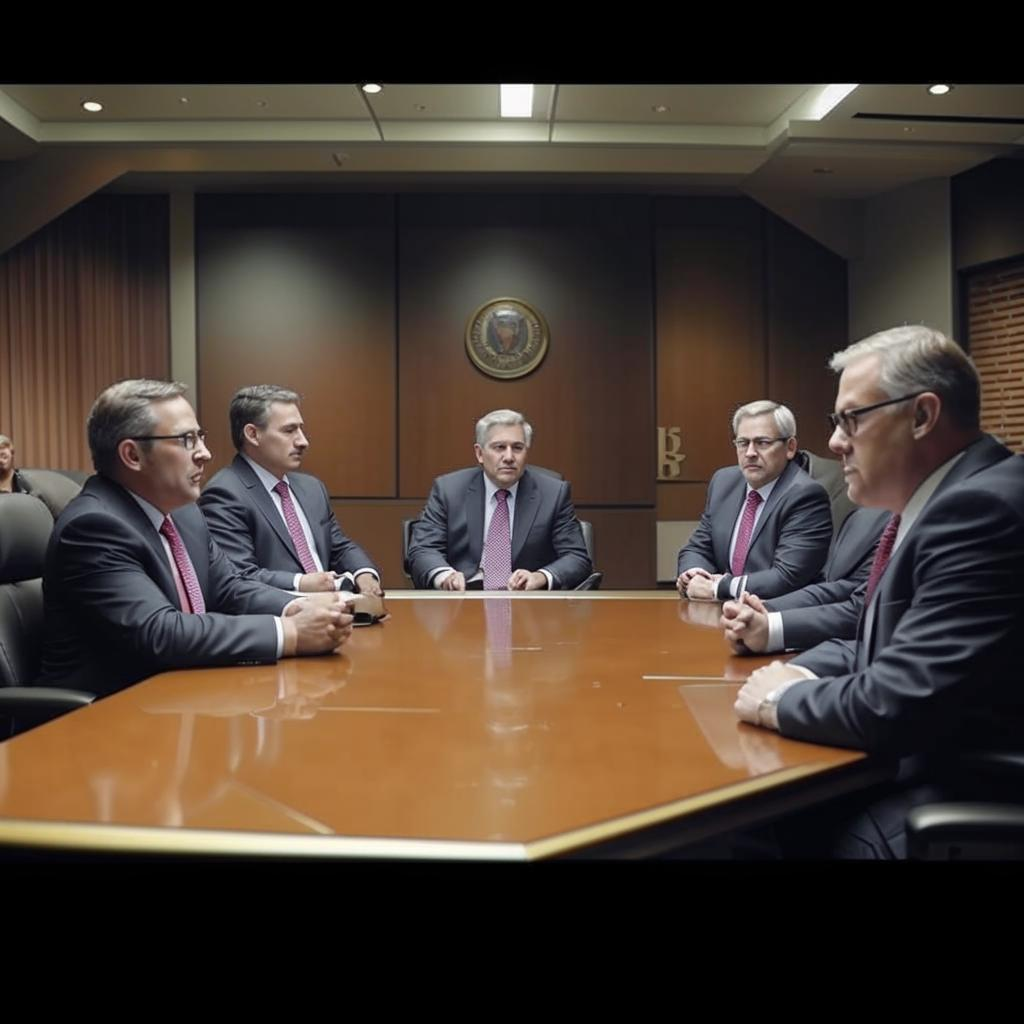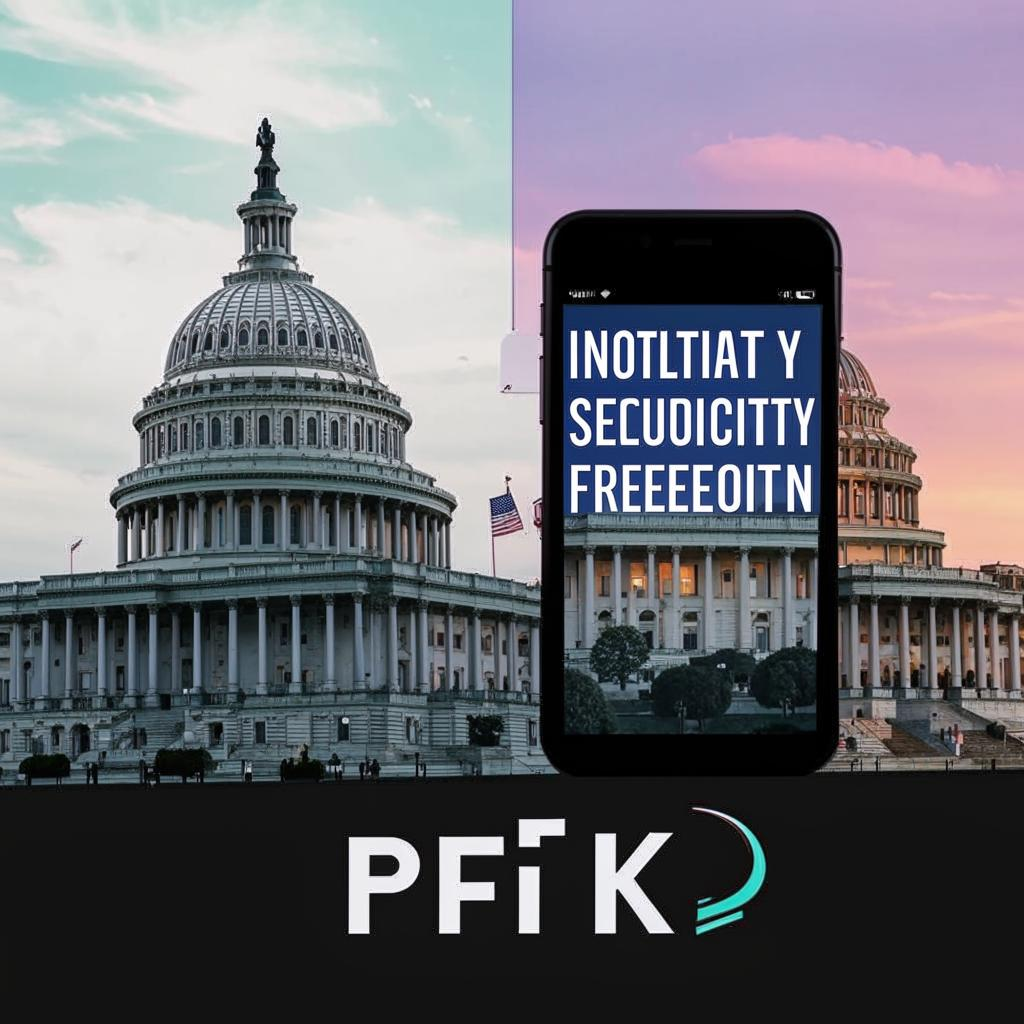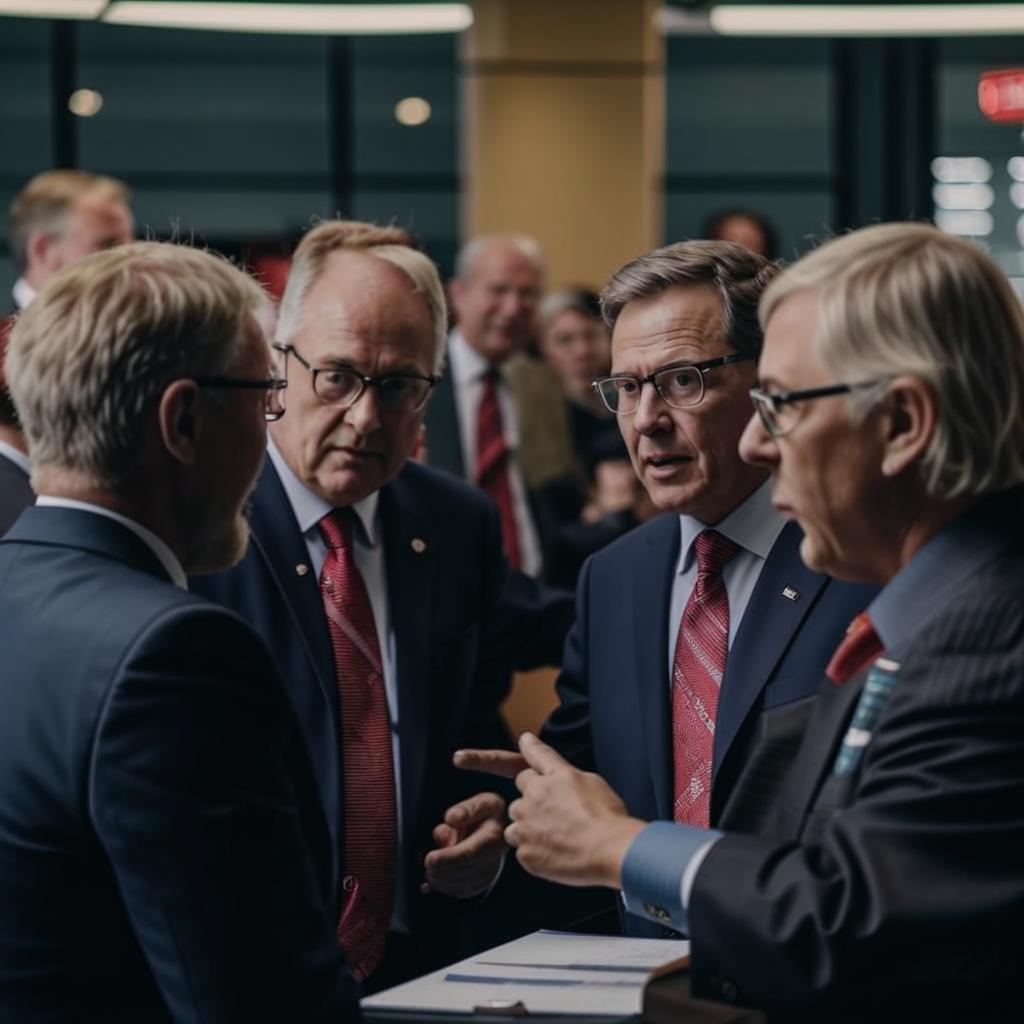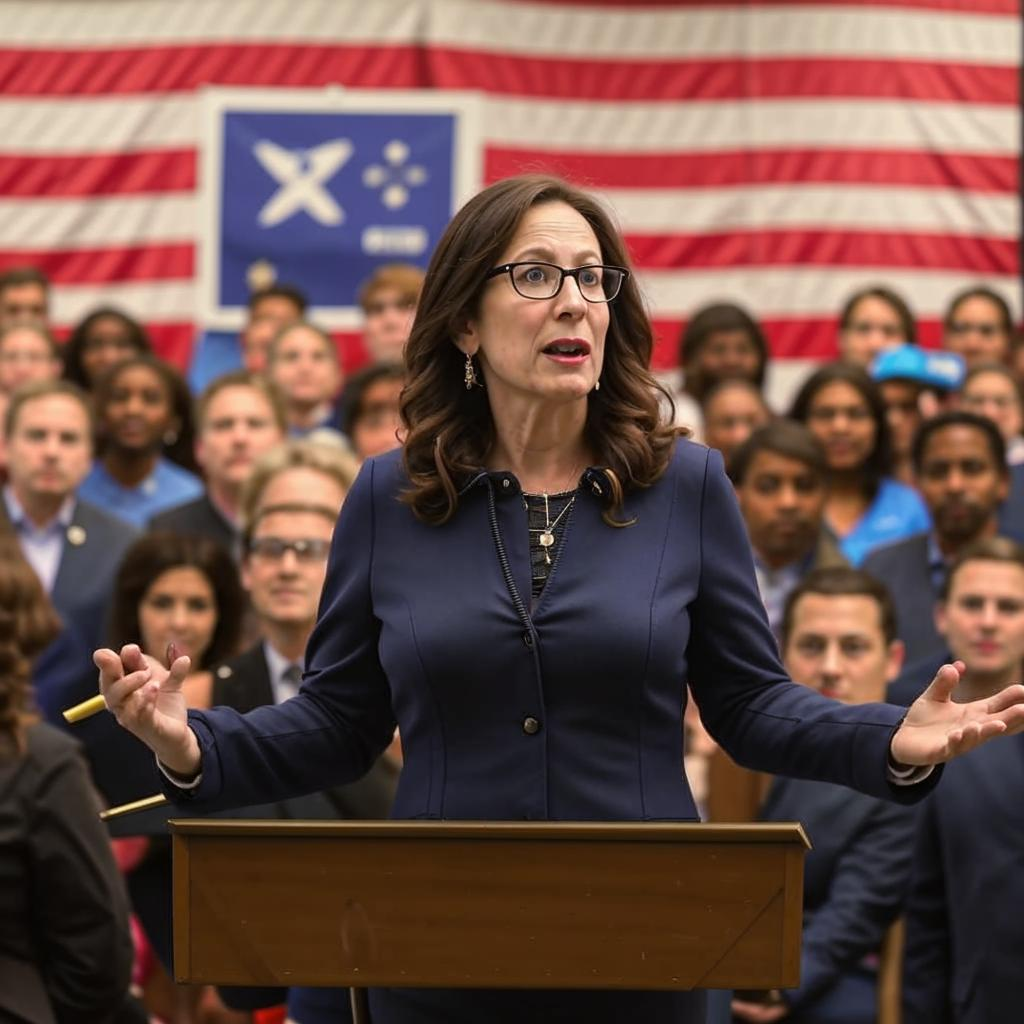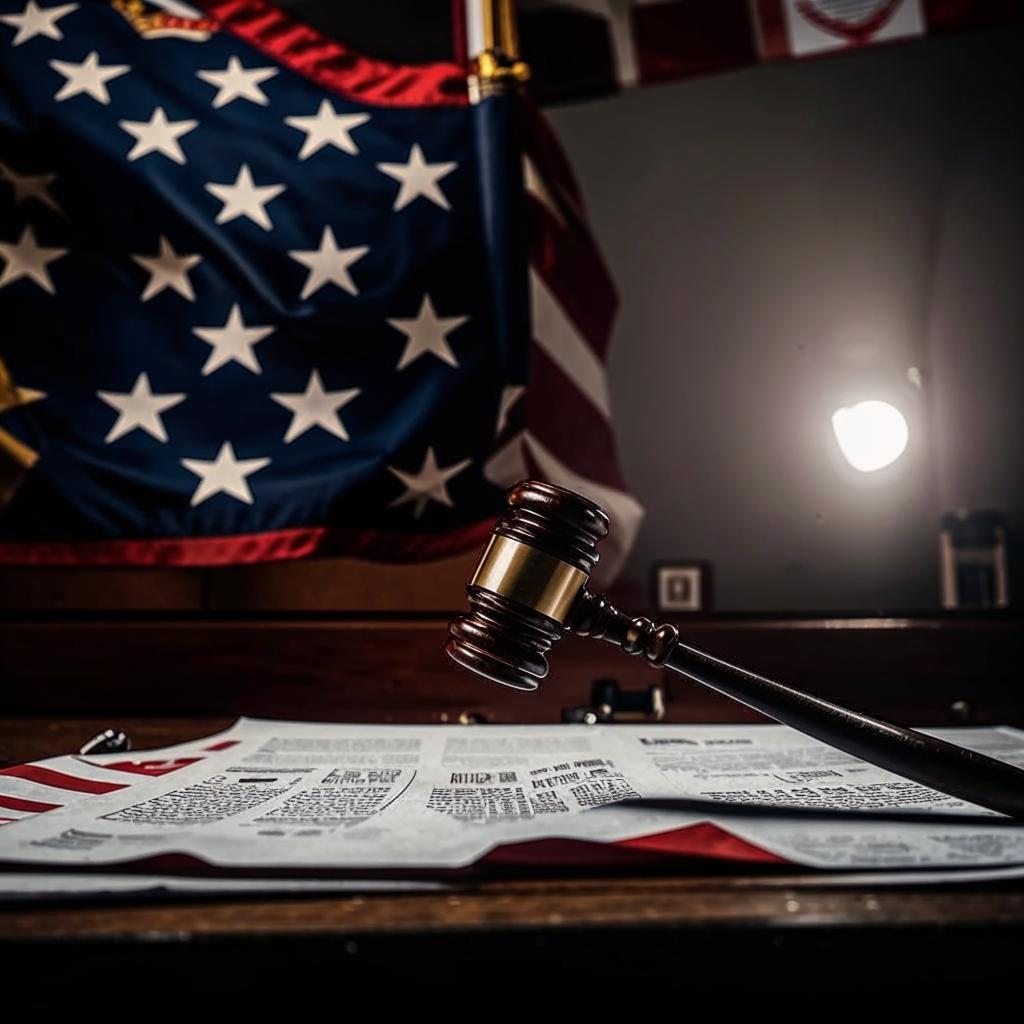Elon Musk’s random million-dollar giveaways to purported voters have sparked controversy. Critics question the legality, branding it potential election bribery masked as civic engagement.
Legal experts are divided. Some see it as a gray area, citing the random selection and lack of explicit voting mandates. Others argue the massive sums and voting encouragement suggest undue influence. Campaign finance laws are complex, blurring lines between outreach and illegal inducement. Election officials are examining potential violations.
Public outrage is rampant, fueled by wealth inequality and perceived manipulation. Social media echoes accusations of vote-buying and undermined elections. Musk defends his actions, stating he’s promoting participation. However, the legal and ethical storm continues.
The core issue: do large sums of money given near elections, even randomly, inherently corrupt the democratic process? Can intentions be separated from potential impacts? This controversy shines a light on the intersection of wealth, politics, and the integrity of elections, demanding scrutiny of billionaire influence. The long-term effects on trust in democracy remain to be seen, as this unusual case navigates legal and ethical minefields.
